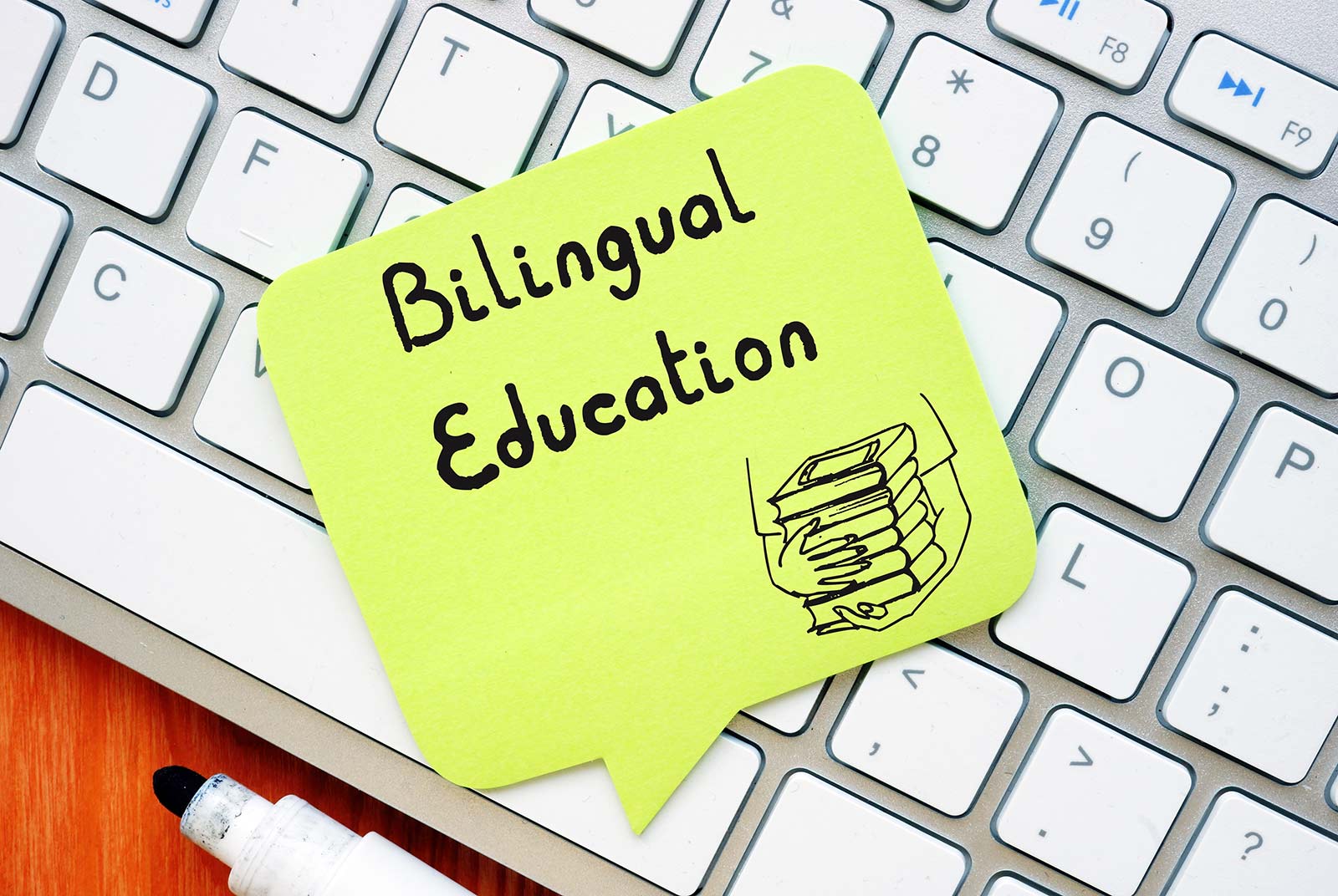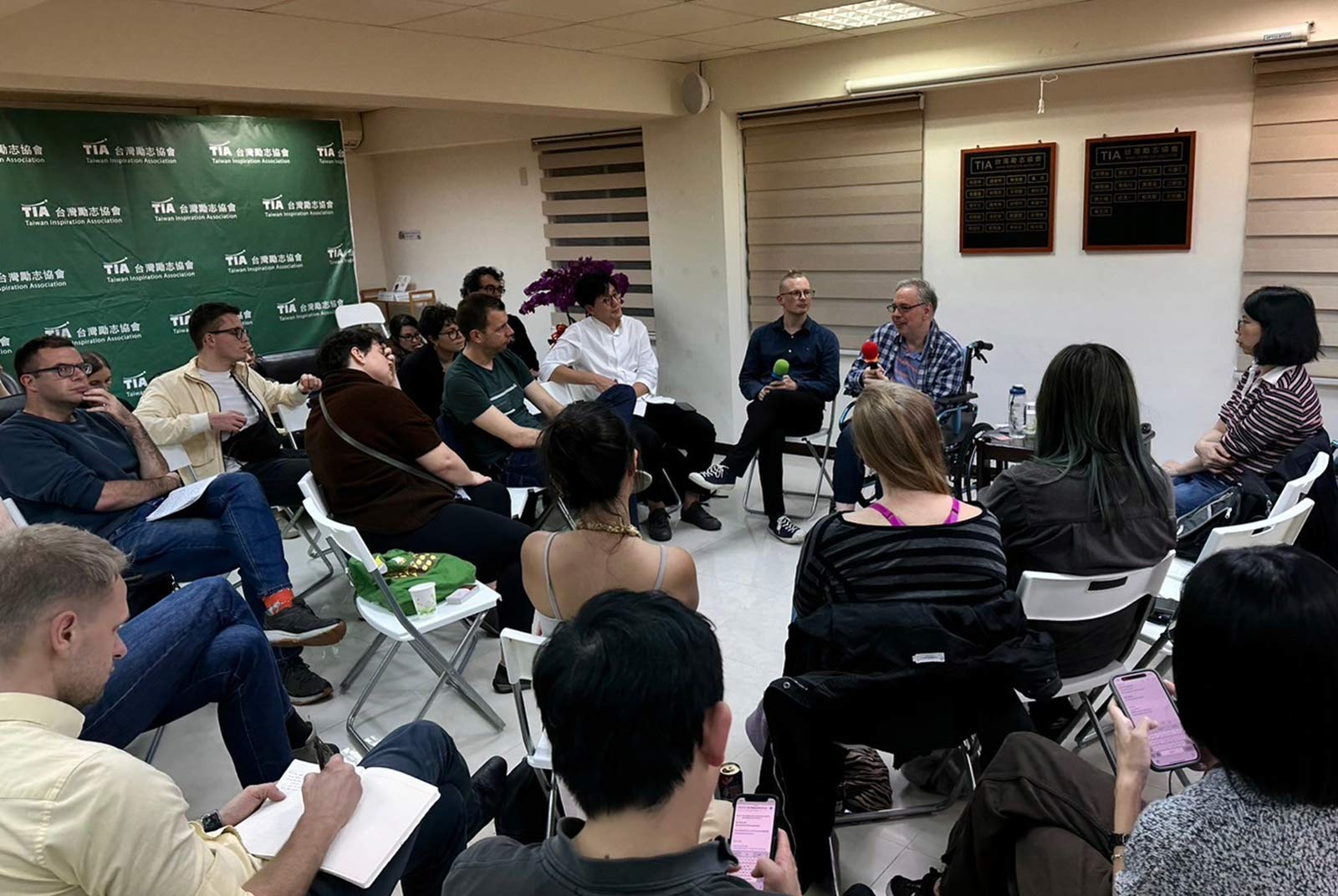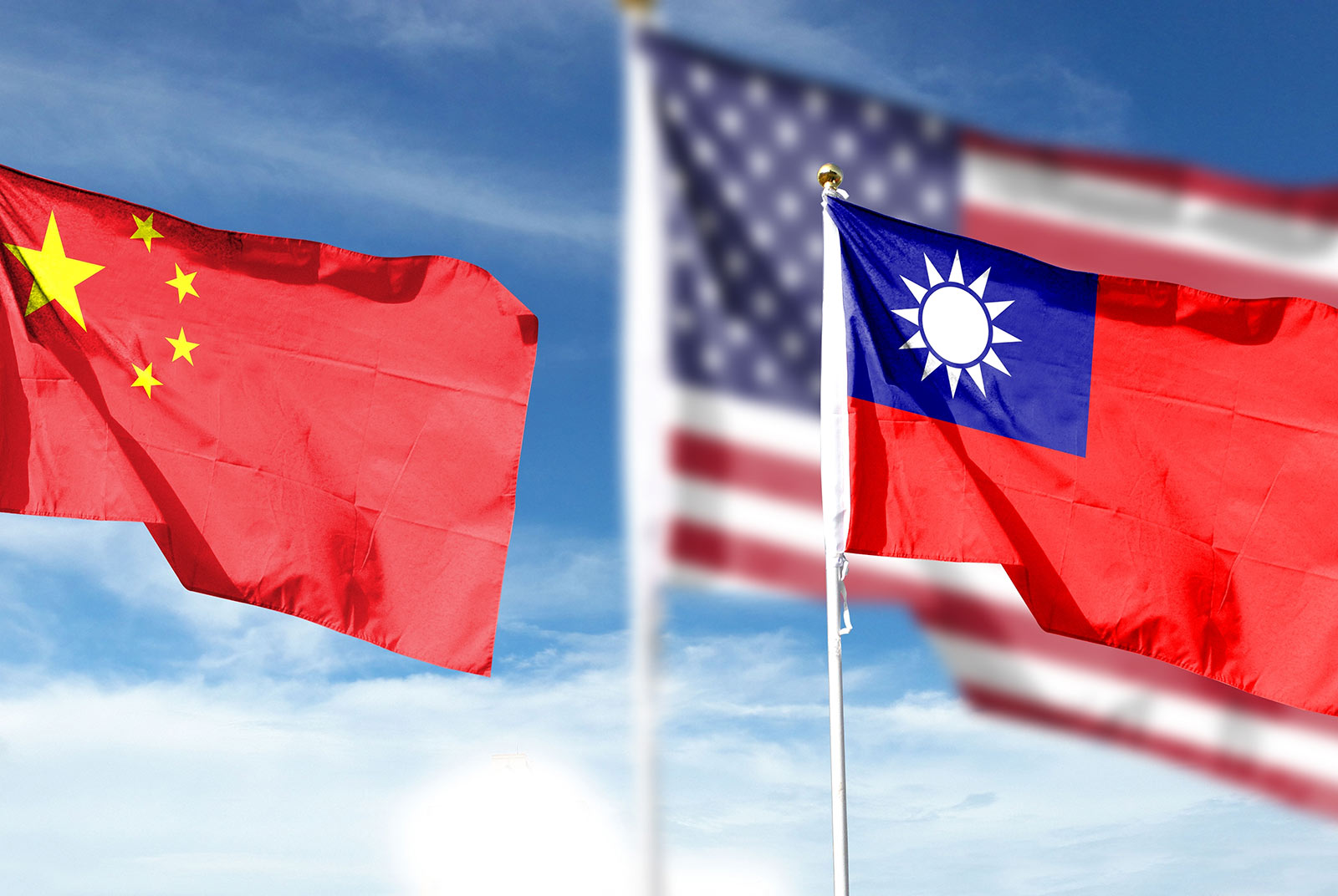Why did Unilever Taiwan stop using the word “normal” in product packaging?
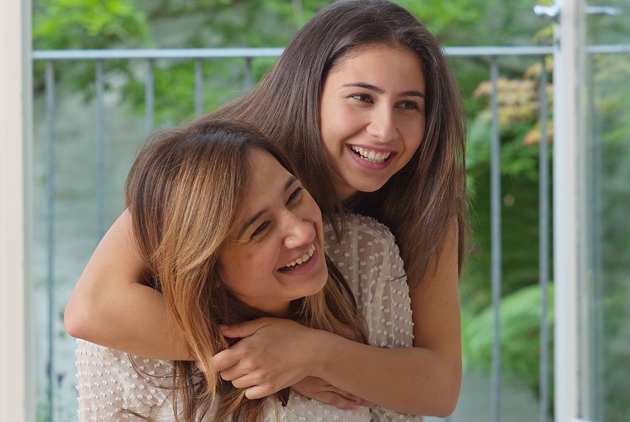
Source:Dove’s website
Nowadays, sustainability has become the core of all businesses. We make more ambitious commitments for the next decade, which not only answers today’s changes in society and environment, but also shows our determination to live with our purpose.
Views
Why did Unilever Taiwan stop using the word “normal” in product packaging?
By Jennifer Yuweb only
As climate change becomes a climate crisis, people are paying more attention to environmental sustainability. Businesses are driving systemic changes. Unilever is striving to do just that.
Owner of brands including Dove, Lux, Lipton and Vaseline, Unilever has been named industry leader in personal products in the S&P Dow Jones Sustainability Index (DJSI) 2020, achieving a score of 90 out of 100 across a range of 27 ESG criteria by driving sustainable change with the “Unilever Sustainable Living Plan, USLP” launched in 2010. The USLP aims to reduce environmental impact; improve people’s health and well-being; and enhance livelihoods for millions of people from the supply chain system.
To move forward to three ambitions, one action took by Unilever Taiwan is cutting plastic waste by using less plastic, better plastic – and calling for a fast transition to a circular economy starting from Bailan (白蘭) launched its first laundry detergent product using 100% recycled bottle in 2019.
According to the EPA, the average person in Taiwan uses 700 plastic bags each year. Although Taiwan has one of the highest recycling rates in the world, we still face this serious problem, so we need a solution.
We commit to halve the amount of virgin plastic we use in our packaging and increase post-consumer recycled plastics in our packaging to 25% by 2025.
Bailan, a 50-year-old Taiwanese brand, is the first to produce a 100% recycled bottle for laundry detergent derived from recycled milk bottles. This action played a significant role in helping Taiwan’s circular economy. 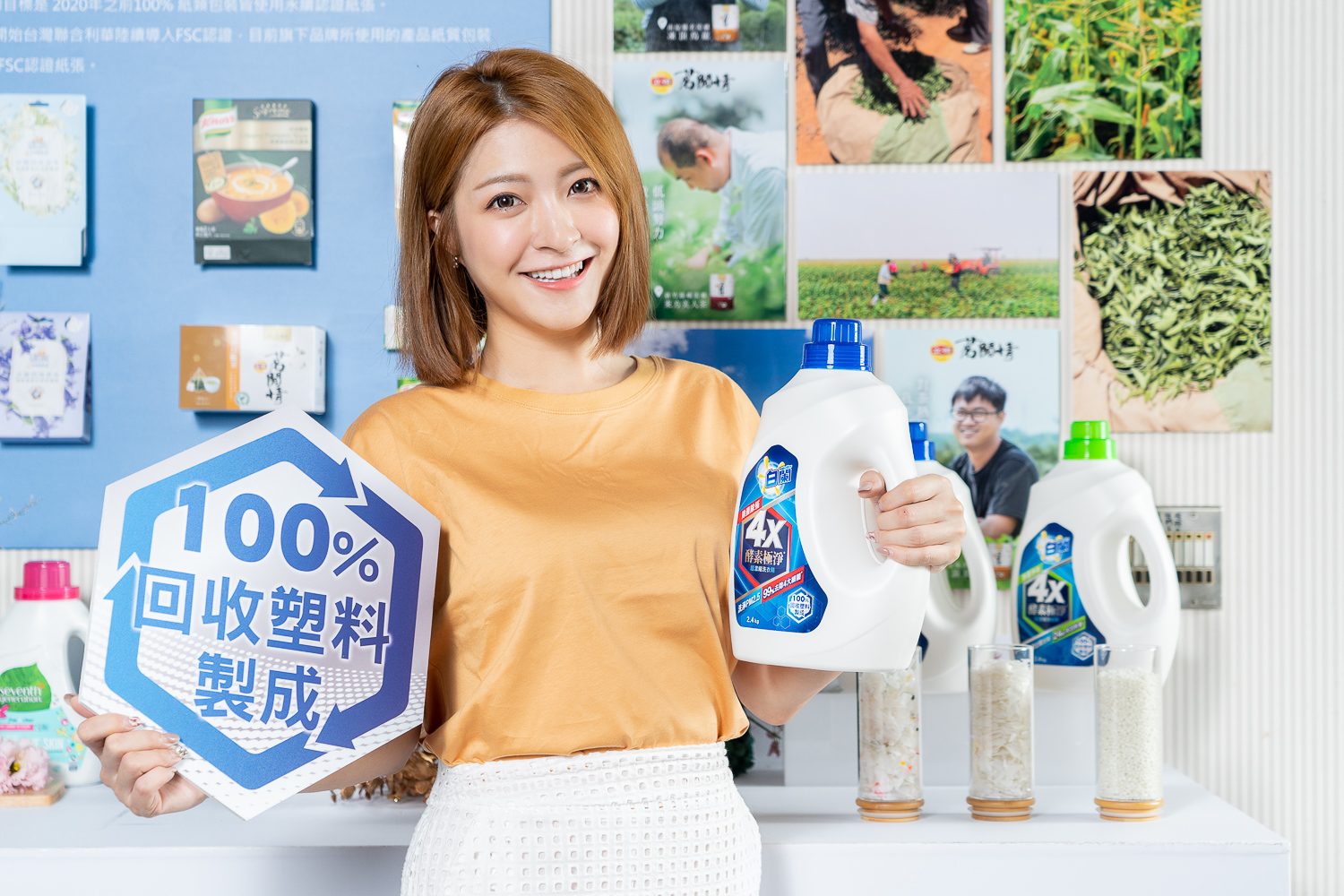 (Source: Bailan's website)
(Source: Bailan's website)
Bailan’s first laundry detergent bottle made from 100% PCR (Post-consumer resin) materials is equivalent to 4 recycled milk bottles (930ml). This reduces 80% of carbon emissions compared with the use of virgin plastic. If a customer buys a bottle, this is equivalent to the reduction of 40 plastic straws. In addition, the product is Phosphorus-free, uses a non-fluorescent, non-bleaching agent and coloring material; all of which provide a better product choice for consumers to buy while helping to save our environment, making the world a better place.
After Bailan, Unilever Taiwan keeps launching more personal care and home care products packaged by PCR materials, like LUX Botanicals shower gel and CLEAR Botanique Shampoo use 25% of PCR bottles, and Dove Beauty Nourishing shower gel uses 50% of PCR bottles, and LUX Hair Supplement’s bottles are made from 95% PCR.
In 2020, Unilever Taiwan increased the repeated usage of PCR while reducing 12% of virgin plastics,contributing to our goal to use at least 25% recycled plastics by 2025.
Other challenges include climate change, social inequality. We are committed to improving health and wellbeing by doing more good for our planet and our society – not just less harm. So our three divisions announce their respective visions for the next 10 years, including “Positive Beauty” for Beauty & Personal Care division; “Clean Future” for Home Care division; and “Future Foods” for Foods & Refreshment division.
Taking the Beauty & Personal Care division for example, it was announced this March that the word ‘normal’ will be eliminated from all our beauty and personal care brands’ packaging and advertising, as part of the new Positive Beauty vision and strategy.
The decision to remove ‘normal’ is one of many steps that we are taking to challenge narrow beauty ideals, as we work towards helping to end discrimination and advocating for a more inclusive vision for beauty.
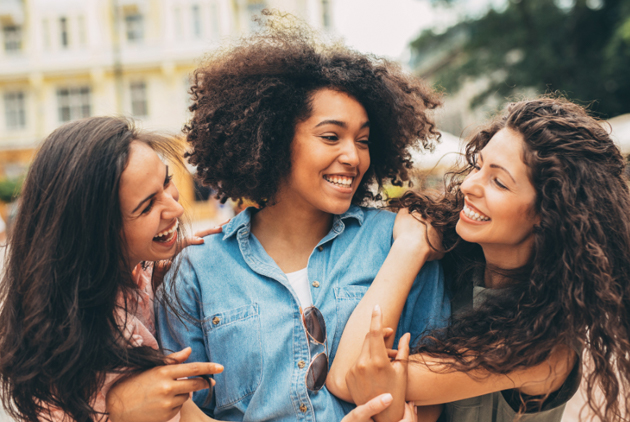 (Source: Getty Images)
(Source: Getty Images)
A global research on people’s experiences of the beauty industry found out that using ‘normal’ to describe hair or skin could make people feel excluded. The 10,000-person study commissioned by Unilever’s global team was conducted across nine countries. It found that more than half of people (56%) think that the beauty and personal care industry can make people feel excluded. People want to see the beauty and personal care industry focus more on making people feel better, rather than just looking better (74%).
The results of this survey indicate that consumers’ expectation of “beauty” is limited by the long-standing cognitive framework. This is the reason that we took the lead to break the decades-long tradition, hoping that our changes will drive consumers to re-define “beauty”.
In Taiwan, we always use words like “neutral” and “general skin” instead of “normal” in product packaging, and we drive brand power to encourage women to break the social norms. For example, the “Mother's Dream Project” initiated by Bailan in 2020 with Impact Hub Taipei, empowered mothers to realize their dreams. By breaking the stereotypes of motherhood, Bailan succeeds in diversifying the image of a mother.
Also, Dove’s “My hair, My say” video encourages women to show their beauty of self-confidence. That is, instead of being bound by other people’s opinions, listening to their inner voice and breaking social norms and stereotypes when deciding a hair style.
Nowadays, sustainability has become the core of all businesses. A decade has passed since the Unilever Sustainable Living Plan was launched. We’re proud of our progress but know that there is much more to do. While looking back on the journey, we make more ambitious commitments for the next decade. The commitment not only answers today’s changes in society and environment, but also shows our determination to live with our purpose-
- By 2025 we will halve the amount of virgin plastic we use in our packaging and halve food waste in our operations.
- Net zero emissions from all our products (from sourcing to point of sale) by 2039.
- Replace fossil-fuel derived carbon with renewable or recycled carbon in all our cleaning and laundry products by 2030.
- Help equip 10 million young people with essential skills by 2030.
Our sustainable strategy, The Unilever Compass, builds on the past ten years of the USLP: the successes, the failures and the lessons learnt. It lays the pathway for us to lead the movement of sustainable business globally – and to prove once and for all that sustainable business drives superior business performance.
About the author:
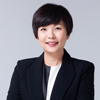
Jennifer Yu is Senior Manager of Sustainable Business & Communications, Unilever Taiwan / Hong Kong, based in Taiwan. She is responsible for landing the Unilever Sustainable Living Plan and Compass by working with external and internal multi-stakeholders.
Have you read?
♦ Achieving supply chain sustainability from supply network design
♦ The future of semiconductor depends on a Tainan hydrogen plant
♦ Low-carbon hydrogen through CO₂ Capture - ALFE’s Zero-Emission Eco-Logistics in Taiwan
Uploaded by Penny Chiang

